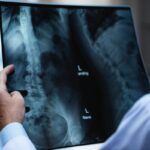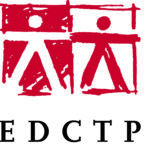This project to produce components from microalgae for various materials, including food and feed is part of the O Bio-based Industries Innovation action – Demonstration (BBI-2019-SO1-D2) sub-programme of the Horizon 2020 Programme.
Objectives
Due to their high productivity and their potential for avoiding competition with arable lands, microalgae are regarded as a valuable feedstock for biorefining operations. Microalgae are a potential source of molecules for a wide range of novel high-value products in different applications such as energy, fuel, food, feed, pharmaceutical and cosmetics. However, their current production scale and costs are holding back full-scale commercialisation steps. The main challenges regard:
- efficiency of the cultivation method (in terms of growth rate and product synthesis rate);
- harvesting and separation of the microalgal biomass from the culture medium;
- pre-treatment of the algal biomass to release its components (mainly lipids, proteins, carbohydrates) for further conversion;
- the further conversion steps themselves.
Growth rate and productivity of microalgae are affected by a number of factors such as availability of nutrients in the right amounts and compositions, presence of actinomycetes or other fungi, pH, light intensity and temperature. Open pond systems have relatively low capital costs and high scalability but may feature uneven mixing and nutrition conditions and are vulnerable to contamination and intrusion of alien species. Photobioreactor and closed-loop systems allow to better control growth conditions, but on the other hand require higher capital costs as well as higher maintenance costs.
Harvesting of microalgae is challenging and expensive due to small cell size and relatively low concentration. Several pre-treatment methods are employed, depending on the feedstock and desired products (chemical, enzymatic, physical, involving ionic liquids). The wide variability of microalgal feedstock composition and optimal growth conditions means that there is no one-fits-all solution; cultivation, harvesting and processing must be tailored to each species and targeted product.
The specific challenge is to scale up and lower the costs of microalgae cultivation combined with downstream processing towards commercial valorisation of marketable products.
deadline
04th of September 2019





Leave a Reply